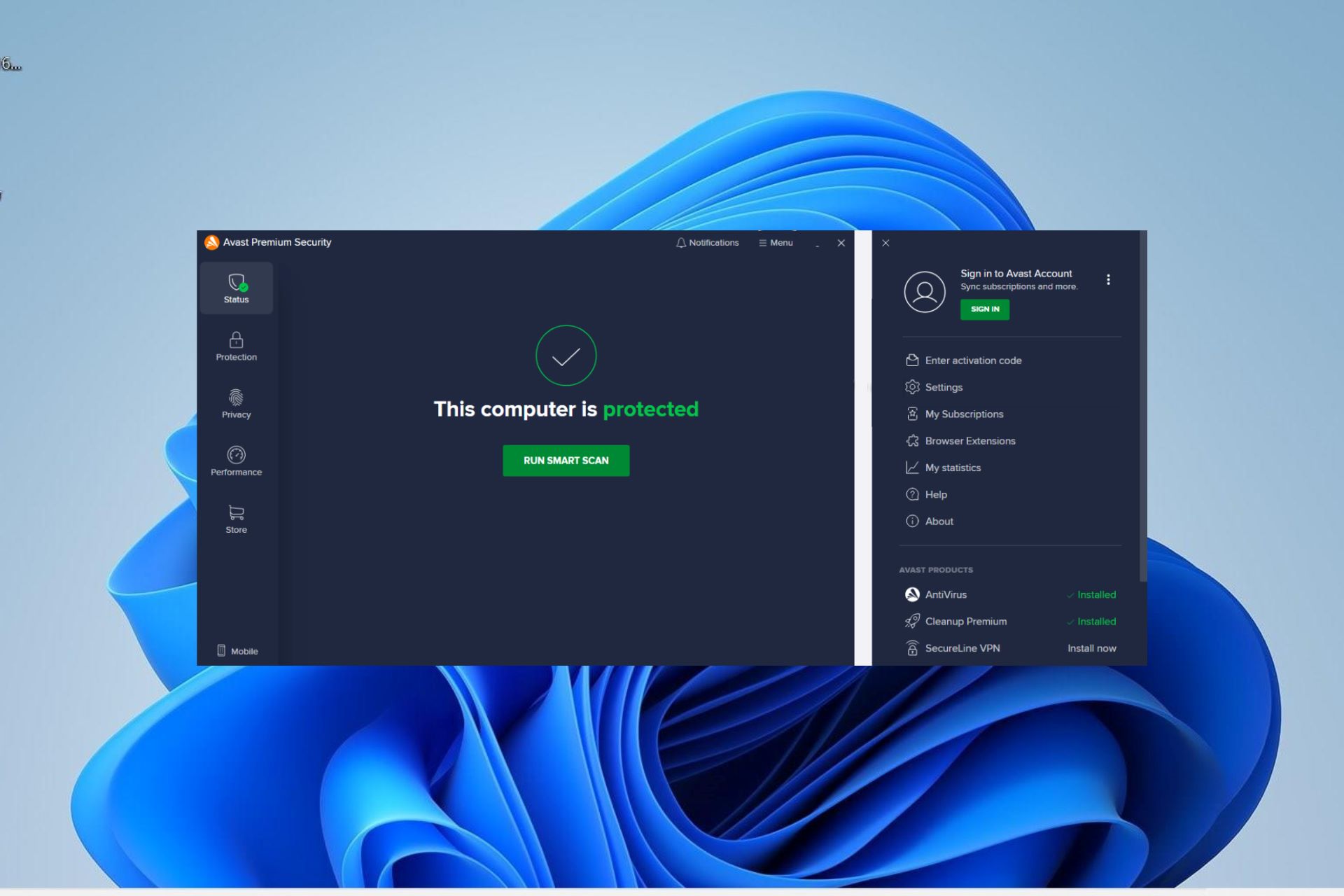Internet Connection Speed
The speed of your internet connection plays a pivotal role in determining the download speed of files in your Chrome browser. When you initiate a download, your browser sends a request to the server hosting the file. The server then responds by transmitting the file to your browser. However, the rate at which this transmission occurs is heavily reliant on the speed of your internet connection.
If you find that your Chrome downloads are sluggish, it's essential to assess the speed of your internet connection. Internet service providers typically offer various connection speeds, ranging from basic to ultra-fast. The speed of your connection is measured in megabits per second (Mbps), with higher Mbps indicating faster speeds.
A slow internet connection can significantly impede the download process, causing frustration and delays. Factors such as network congestion, distance from the server, and the type of connection (e.g., DSL, cable, fiber optic) can all impact the speed at which data is transmitted.
To gauge the speed of your internet connection, you can utilize online speed testing tools. These tools provide insights into your download and upload speeds, allowing you to determine if your connection meets the requirements for swift downloads. If the results indicate that your connection speed is below expectations, you may consider contacting your internet service provider to explore options for upgrading to a faster plan.
In addition to the speed of your connection, it's important to consider the stability of your internet connection. Even if you have a high-speed connection, frequent disconnections or fluctuations in connectivity can disrupt the download process and lead to slower download speeds.
In essence, the internet connection speed serves as the foundation for efficient downloads in Chrome. By ensuring that you have a stable and high-speed connection, you can optimize the download experience and minimize the frustration often associated with slow downloads.
Server Response Time
When it comes to the speed of Chrome downloads, the server response time is a critical factor that can significantly influence the overall download experience. The server response time refers to the duration it takes for a web server to respond to a request from your browser. This response time encompasses the server's processing of the request, retrieval of the requested file, and the transmission of the file back to your browser.
A swift server response time is essential for expeditious downloads. When you initiate a download in Chrome, the browser sends a request to the server hosting the file. The server then processes this request and begins transmitting the file to your browser. However, if the server's response time is prolonged, it can lead to delays in the download process, resulting in slower download speeds and a less-than-optimal user experience.
Several factors can impact server response time. The efficiency of the server's hardware and software, the server's current workload, and the proximity of the server to your location all play a role in determining how quickly the server can respond to your download request. Additionally, the server's bandwidth capacity and network congestion can influence its ability to promptly fulfill download requests from multiple users.
To address potential issues related to server response time, website administrators and hosting providers often employ strategies to optimize server performance. This may involve utilizing high-speed and reliable server hardware, implementing efficient caching mechanisms, and employing content delivery networks (CDNs) to minimize the distance between the server and the end users.
Furthermore, as a user, you can take certain steps to mitigate the impact of server response time on your downloads. For instance, selecting download sources that are known for their reliable and responsive servers can contribute to faster download speeds. Additionally, being mindful of peak usage times and potential server maintenance schedules can help you plan your downloads to align with periods of optimal server responsiveness.
In essence, the server response time plays a pivotal role in determining the speed at which files are downloaded in Chrome. By understanding the factors that influence server response time and adopting strategies to optimize this aspect of the download process, users can enhance their overall download experience and minimize the frustration often associated with slow downloads.
Browser Extensions and Plugins
Browser extensions and plugins are valuable tools that enhance the functionality and versatility of web browsers such as Chrome. While these add-ons offer a myriad of benefits, they can also impact the speed of downloads in certain scenarios.
When you install browser extensions and plugins, you are essentially integrating additional features and capabilities into your browsing experience. These can range from ad blockers and password managers to video downloaders and productivity tools. Each extension or plugin operates as a separate entity within the browser, contributing to the overall ecosystem of functionalities available to the user.
However, the presence of numerous extensions and plugins can potentially introduce complexities that affect the download process. Some extensions and plugins may consume significant system resources, leading to increased CPU and memory usage. This heightened resource consumption can impact the browser's ability to efficiently manage and execute download tasks, resulting in slower download speeds.
Moreover, certain extensions and plugins may interact with the browser's download manager, introducing conflicts or inefficiencies that hinder the download process. For example, an extension designed to manage and optimize downloads may inadvertently clash with the browser's native download management system, leading to disruptions and reduced download speeds.
To address potential issues related to browser extensions and plugins, users can take proactive measures to optimize their browsing environment. This includes periodically reviewing installed extensions and plugins to identify those that are no longer essential or actively used. By removing unnecessary add-ons, users can streamline the browser's resource allocation and potentially alleviate any performance bottlenecks that may be impacting download speeds.
Additionally, users can explore alternative extensions or plugins that are known for their lightweight and efficient design, minimizing the strain on system resources while providing the desired functionalities. Prioritizing quality over quantity when it comes to extensions and plugins can contribute to a more streamlined and responsive browsing experience, potentially translating to improved download speeds in Chrome.
In essence, while browser extensions and plugins offer valuable enhancements to the browsing experience, their impact on download speeds should be considered. By adopting a mindful approach to managing and selecting extensions and plugins, users can optimize their browsing environment and mitigate potential factors that contribute to slow downloads in Chrome.
Antivirus Software
Antivirus software plays a crucial role in safeguarding systems against a myriad of digital threats, including viruses, malware, and other malicious entities that can compromise the security and integrity of a user's device. While the protective capabilities of antivirus software are indispensable, it's important to recognize that these programs can also impact the speed of downloads in Chrome.
When antivirus software is actively scanning files and data being downloaded through the browser, it introduces an additional layer of scrutiny aimed at identifying and neutralizing potential threats. This real-time scanning process is designed to analyze the contents of downloaded files, ensuring that they do not pose a security risk to the user's system. However, the intensive nature of real-time scanning can exert a noticeable impact on download speeds, particularly when dealing with larger files or when multiple downloads are initiated simultaneously.
Furthermore, the interaction between antivirus software and the browser's download manager can contribute to delays in the download process. As the antivirus software inspects each file during and after the download, it may temporarily impede the seamless progression of the download, resulting in slower overall speeds. Additionally, certain antivirus programs may prioritize the scanning of downloaded files over the allocation of system resources to the browser, leading to a perceptible reduction in download speeds.
To address potential issues related to antivirus software and its impact on download speeds, users can explore various strategies to optimize the interaction between the antivirus program and the browser. Many antivirus solutions offer configurable settings that allow users to customize the intensity and scope of real-time scanning. By adjusting these settings, users can strike a balance between robust security measures and the preservation of download performance.
Additionally, scheduling antivirus scans during periods of low browsing and download activity can help minimize disruptions to download speeds. This proactive approach allows users to prioritize the completion of downloads without compromising the essential protection provided by the antivirus software.
In essence, while antivirus software is indispensable for maintaining a secure computing environment, its influence on download speeds should be acknowledged. By leveraging the configurable features and scheduling options offered by antivirus programs, users can optimize the balance between security and performance, ensuring a smoother and more efficient download experience in Chrome.
Downloading Large Files
When it comes to downloading large files in Chrome, users often encounter unique challenges that can impact the speed and efficiency of the download process. Large files, which encompass a wide range of content such as high-definition videos, software installations, and expansive documents, present distinct considerations that warrant attention to ensure a seamless download experience.
One of the primary factors that influence the download of large files is the inherent size of the content being transferred. Unlike smaller files that can be swiftly transmitted and processed, large files require a more extensive allocation of system resources and network bandwidth. As a result, the download of large files can be susceptible to slowdowns, particularly when network congestion or limitations in bandwidth availability are present.
Moreover, the stability of the internet connection becomes even more critical when downloading large files. The prolonged duration required to transfer sizable amounts of data increases the likelihood of interruptions due to network fluctuations or temporary connectivity issues. These interruptions can disrupt the download process and necessitate the reinitiation of the download, further prolonging the overall time required to obtain the large file.
In addition to network-related considerations, the storage and processing capabilities of the user's device also play a significant role in the download of large files. Devices with limited available storage space or processing power may encounter challenges when handling large downloads, potentially leading to performance bottlenecks and reduced download speeds.
To mitigate the impact of these challenges, users can adopt several strategies to optimize the download of large files in Chrome. Utilizing download managers that support the resumption of interrupted downloads can help safeguard against potential disruptions, allowing users to seamlessly resume the download process in the event of an interruption. Furthermore, scheduling large file downloads during periods of low network activity can help maximize available bandwidth and minimize the impact of network congestion on download speeds.
By understanding the unique considerations associated with downloading large files and implementing proactive measures to address potential challenges, users can enhance the efficiency and reliability of the download process in Chrome, ensuring a smoother experience when obtaining substantial content.

























